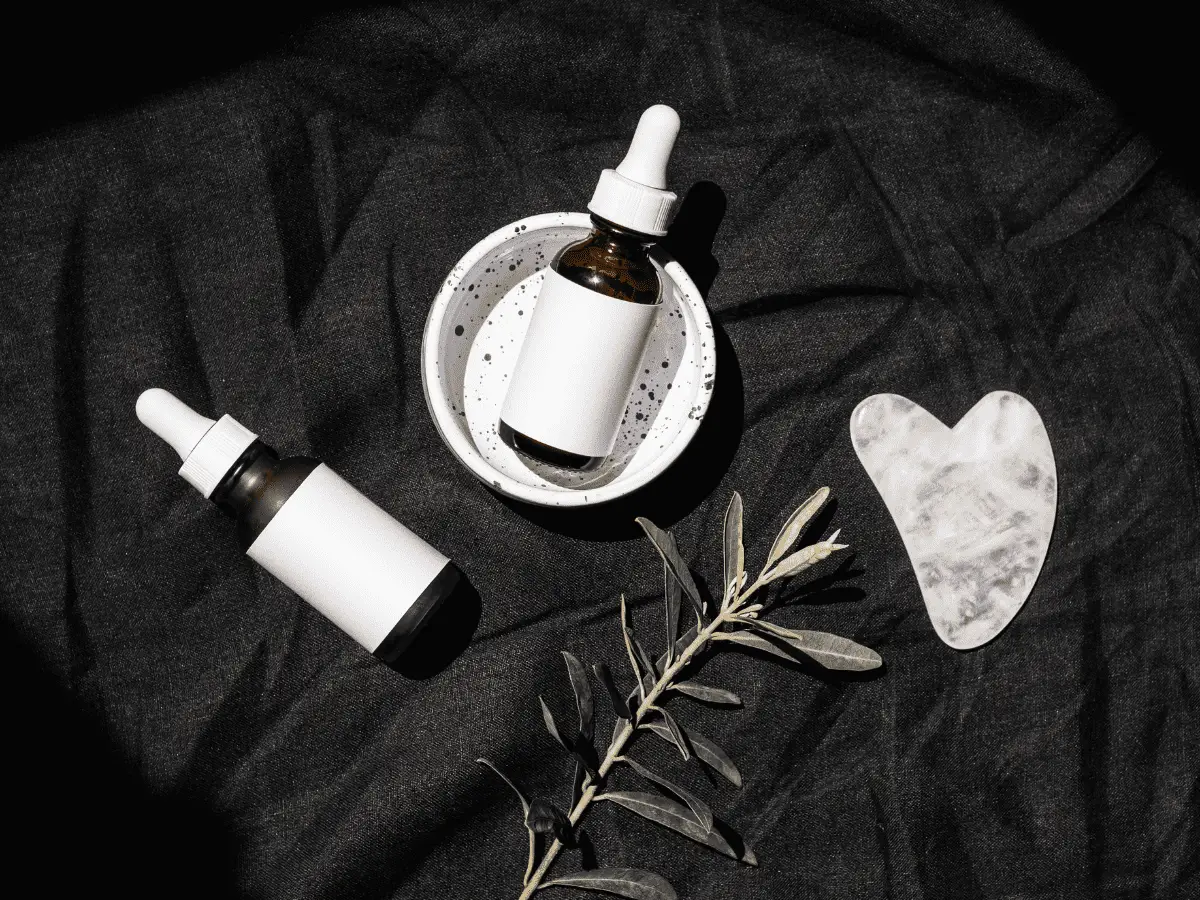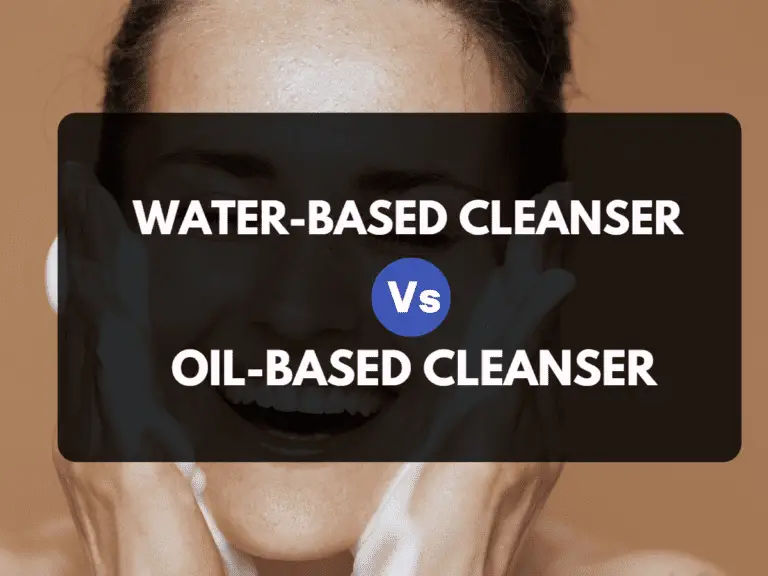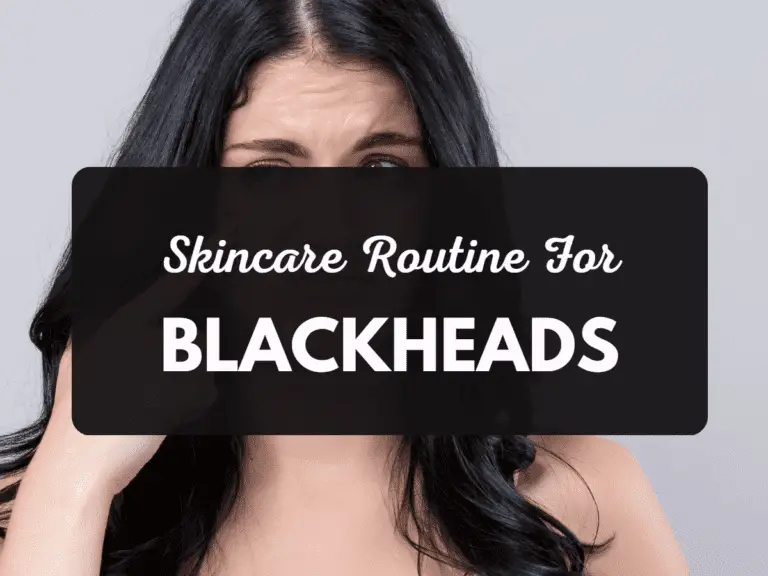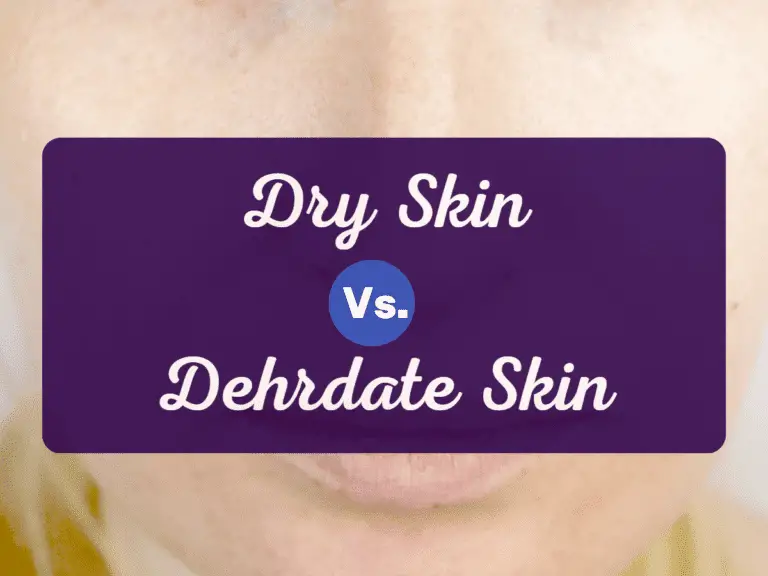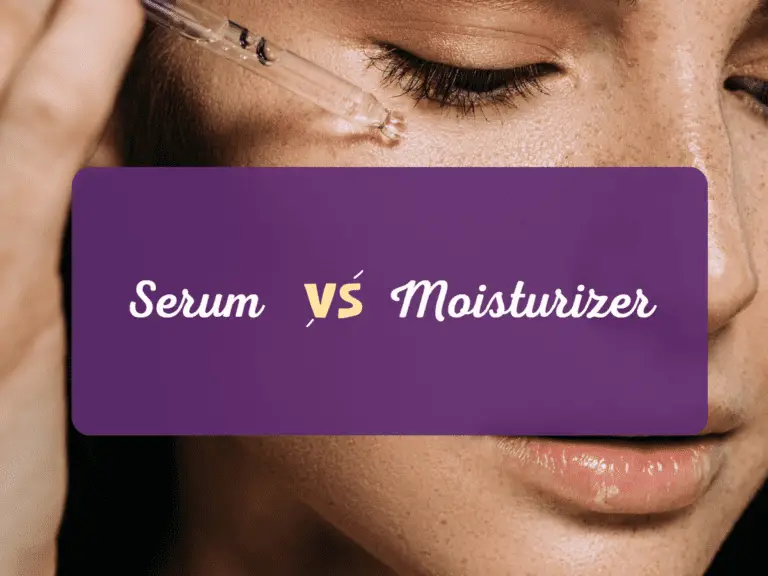“Skin Serums” are the newest skincare addition that hydrate, nourish and rejuvenate your skin.
It contains a blend of vitamins, minerals, and botanicals, which improve the skin’s appearance by restoring its natural pH balance.
But what exactly is it? How does it work? Do you need one? And how do you know which one to buy?
Let’s find out!
What is skin serum? What is it used for?
Skin serums are concentrated formulas designed to penetrate deep into the skin to deliver active ingredients.
Face serums typically contain more active ingredients than creams or lotions, making them more potent and effective at targeting specific concerns.
- Serums are composed of small molecules, so they can penetrate more deeply into the skin than creams and lotions. It allows them to deliver active ingredients, such as antioxidants, effectively.
- Face serums often contain higher levels of active ingredients than other facial products. This means that they can provide greater benefits with fewer applications.
- They are generally lighter in texture than other facial products, making them ideal for use under makeup or during the day.
- A skin serum is a great option to take your skincare to the next level.
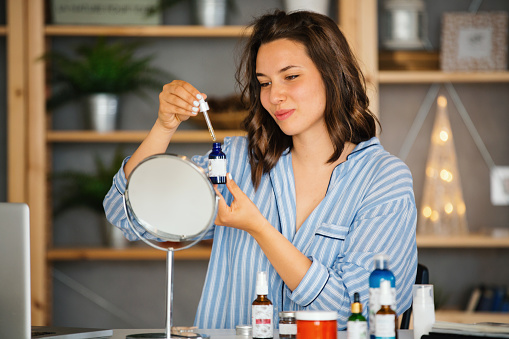
What are the benefits of a face serum?
Face serum Benefits:
1. Smoothing out fine lines and wrinkles: Face serums can help to fill in fine lines and wrinkles, giving your skin a smoother appearance.
2. Reducing redness and inflammation: Face serums can help to reduce redness and inflammation, thanks to their anti-inflammatory properties.
3. Brightening the skin: Face serums can help to brighten dull skin, thanks to their high concentration of active ingredients.
4. Hydrating the skin: Face serums can be used to hydrate dry skin due to their high water content.
5. Treating acne: Face serums can help to treat acne due to their high concentration of anti-bacterial and anti-inflammatory active ingredients.
6. Firming the skin: Face serums can help to firm the skin, as they can contain ingredients like retinol, collagen, peptides, or hyaluronic acid
7. Softening the skin: Face serums can help to soften the skin by exfoliating it and removing dead skin cells.
8. Protecting against environmental damage: Face serums can help to protect your skin from environmental damage, such as pollution or UV radiation.
What are the disadvantages of face serum?
While face serum can be a great addition to any beauty routine, some disadvantages should be considered before using it.
One downside is that face serums can be expensive. If you’re on a budget, you might want to stick to other products that won’t break the bank.
Additionally, face serums can sometimes be too harsh for sensitive skin types. You must do a patch test before applying it to the entire face.
Finally, face serums often contain high concentrations of active ingredients that may irritate sensitive skin causing if not used incorrectly.
If you’re new to using face serums, it’s best to start slow and gradually increase usage as the skin gets used to the product.
What are the different types of face serums?
Hydrating serums:
Hydrating serums are water-based formulas that help quench dry skin and improve the appearance of your skin. They can address various skin concerns, including dryness, fine lines, and wrinkles.
Hydrating serums typically contain ingredients like hyaluronic acid and glycerin, which work to draw moisture into the skin. These products can be applied before your moisturizer or on their own if you have oily skin.
Using a hydrating serum is great if you’re looking for a way to boost your skin’s hydration. Be sure to choose one suitable for your skin type and needs, and apply it as directed for the best results.
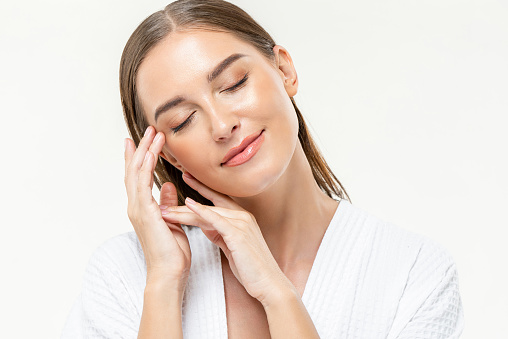
Antioxidant serums:
Antioxidant-rich serums are increasingly popular as people look for ways to protect their skin from environmental damage. But how do antioxidants work?
Antioxidants are substances that can help prevent or repair damage to cells caused by free radicals.
And free radicals are unstable molecules that can cause cellular damage, leading to premature aging and other problems.
There are many different antioxidants, but some of the most common include vitamins C and E, beta-carotene, and CoQ10. Antioxidant serums typically contain one or more of these ingredients and other beneficial substances like hyaluronic acid.
When applied to the skin, antioxidant serums can help neutralize free radicals, preventing them from causing damage. They can also help repair existing damage and improve the skin’s overall appearance.
Brightening serums:
A brightening serum is a skincare product typically used to rejuvenate and improve the appearance of the skin.
Brightening serums can help to even out skin tone, reduce dark spots, and give the skin a more radiant overall look.
Many different ingredients are found in brightening serums, but some of the most common include vitamin C, kojic acid, and niacinamide.
These ingredients work together to help inhibit melanin production, which can help to brighten the skin.
Brightening serums are typically applied after cleansing and toning the skin and before applying moisturizer.
They can be used both morning and night, although it is generally recommended to use them in the evening so that they have time to work while you sleep.
Anti-aging /Skin Firming serums:
Anti-aging serums are a must-have in your skincare routine for preventing the early signs of aging.
They help firm and plump skin while reducing the appearance of fine lines and wrinkles.
They usually contain active ingredients like retinol, collagen, or peptides. And retinol serums are widely most popular among these three ingredients.
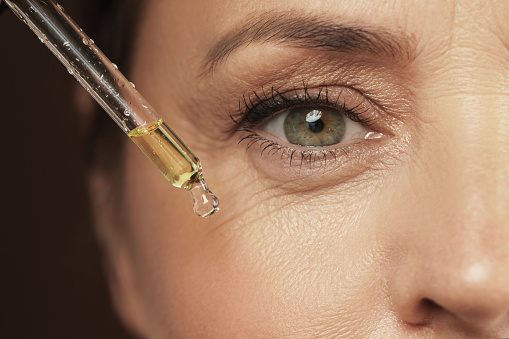
Exfoliating serums:
Exfoliating serums contain either AHAs (alpha hydroxy acids) like glycolic acid and lactic acid, or BHAs (beta hydroxy acids) like Salicylic acid.
While these serums can be very effective at sloping off dead skin cells and revealing brighter, more radiant skin, you should not use them daily.
Both AHAs and BHAs work by dissolving the bonds holding dead skin cells together.
This can leave your skin feeling softer and smoother and can also reduce the appearance of fine lines and wrinkles.
However, because these acids can also dissolve the bonds that hold healthy skin cells together, using them too often can damage your skin barrier and lead to dryness, redness, and irritation.
If you want an exfoliating serum, use it once or twice weekly.
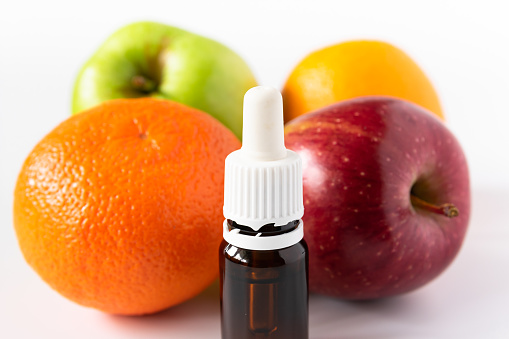
Which face serum is right for you?
There are a lot of face serums on the market these days.
You should consider these things while choosing a face serum:
1. What are your skin concerns?
Do you have dry skin? Oily skin? Sensitive skin? Fine lines or wrinkles? Pigmentation issues? Acne or acne scars? Once you know your main skin concerns, you can narrow your choices and choose a face serum that addresses your specific skin concerns.
2. What ingredients do you want in your face serum?
Do you want an all-natural face serum? Or are you okay with synthetic ingredients? Make sure to check the ingredient list before purchasing.
3. How much can you actually afford to spend on a face serum?
Face serums can range in price from $20 to $200. Decide how much you will spend on this product before starting your search.
4. Also, consider what other skincare products you use on your face.
If you have a robust skincare routine that includes several steps, you may not need to use a serum every day. In this case, it may be worth spending more on a serum since you’ll use it less often.
5. Finally, don’t forget to read the product labels and reviews!
See what other people with similar skin concerns have to say about various face serums before making your final decision.

Best face serums for different skin types
Whether you’re dealing with dryness, acne, fine lines, or anything in between, there’s a serum that can help.
But with so many different serum formulations, choosing the right serum for your specific skin concern and skin type can be difficult.
Combination or Oily skin types should look for a face serum that contains hyaluronic acid or glycerin. These ingredients will control oil production and keep your skin hydrated.
For dry skin, look for a face serum that contains vitamin E or aloe vera. These ingredients will help to replenish your skin’s moisture levels and protect it from environmental damage.
Sensitive skin types can look for a face serum that contains chamomile or green tea extract. These ingredients will help to soothe your skin and reduce inflammation.
For acne-prone skin, benzoyl peroxide or salicylic acid serum formulation would be the holy grail!
And if you’re concerned about the signs of aging, go for a product that contains retinol. This anti-aging ingredient can help your skin look smoother and more youthful.
A vitamin C serum might be the ticket to treat other skin issues like discoloration and melasma. Vitamin C helps brighten the complexion and fight against dark spots. Vitamin C also fights against free radicals, which are responsible for premature skin aging.
Niacinamide is another magical ingredient that can help with acne scars, dark spots, skin discoloration, and pore minimizing. If you have super sensitive skin and Vitamin C doesn’t suit you. You can definitely go for Niacinamide serum.
How do you use a face serum in your skincare routine?
When using a serum, it is most important to figure out when to use it in your skincare routine.
For the best results, you should use a face serum after cleansing and before applying moisturizer.
This way, the face serum can penetrate deep into your skin and do its job without being blocked by other products.
In order to use a face serum in your skincare routine, there are a few things you must remember:
First, you must ensure the skin is clean and dry before applying the serum. Next, take a small amount of the serum and apply it to your clean skin.
You can use a cotton pad or your fingers to apply the serum. Once you have applied the serum, you can follow up with your regular moisturizer.
And last but not least, always apply sunscreen! No matter what type of serum you’re using, sunscreen is a must to protect your skin from damage.
When should face serum be applied?
The answer may depend on what type of face serum you are using.
If you use a face serum containing active ingredients, such as retinol as vitamin C, it is best to apply it at night. This is because active ingredients can make the skin more sensitive to sunlight.
If you use a face serum that does not contain active ingredients, such as hyaluronic acid, you can use it day and night.
This is because these serums do not interact with sunlight like active ingredients.
And if you’re using multiple serums with different active ingredients, follow the product instructions carefully.
For example, if you use both retinol and vitamin C or niacinamide serums, use retinol during the night. You can definitely use vitamin C or niacinamide serums in your morning skincare routine, followed by sunscreen!
Is face serum good for the skin?
Yes, a face serum is good for your skin!
Adding a serum to your routine can help to target specific concerns, deliver active ingredients to the skin, and give your skin a boost of hydration.
Many skin serums are available on the market, so choosing one formulated for specific skin types and concerns is important.
You should also consider the other skin care products you use in your skin care routine to ensure that the face serum will not cause any adverse reactions.
Is face serum necessary in your skincare routine?
The answer depends on your individual skin needs. If you have wrinkles, fine lines, or dark spots, then a face serum can help address those concerns.
Face serums can also be helpful for those with dry or sensitive skin.
And if you already have healthy skin and don’t have any skin issues, a basic skincare routine, including a good cleanser, moisturizer, and sunscreen, should be enough for you!
That means you don’t need any face serum unless you have specific skin concerns.

